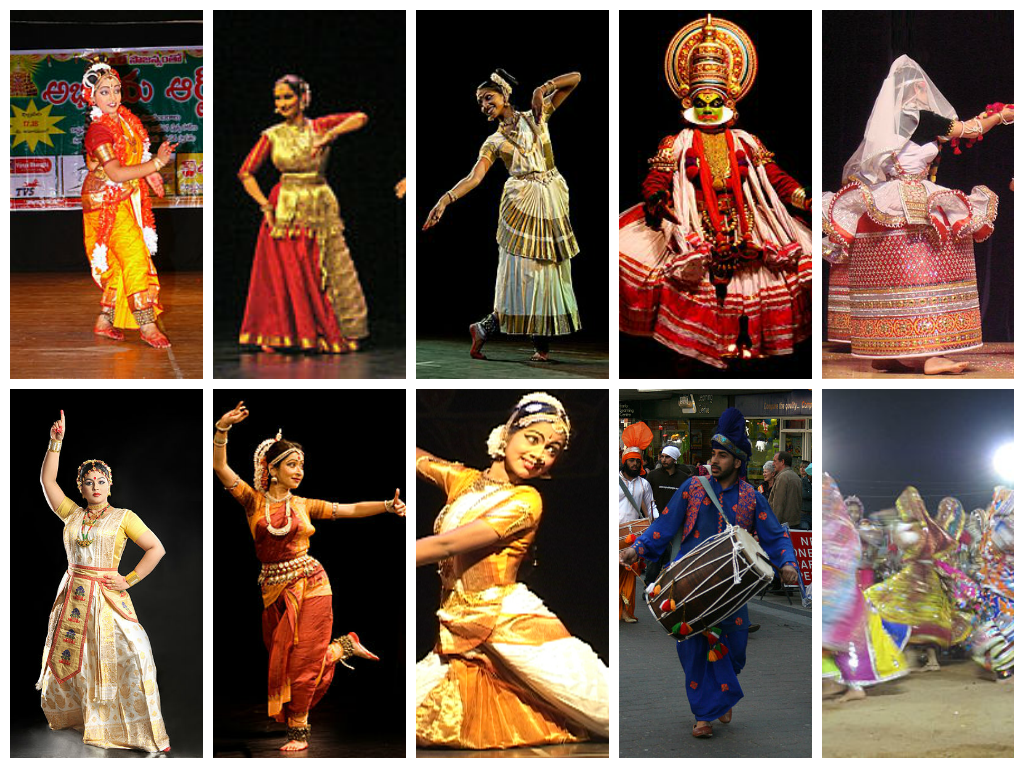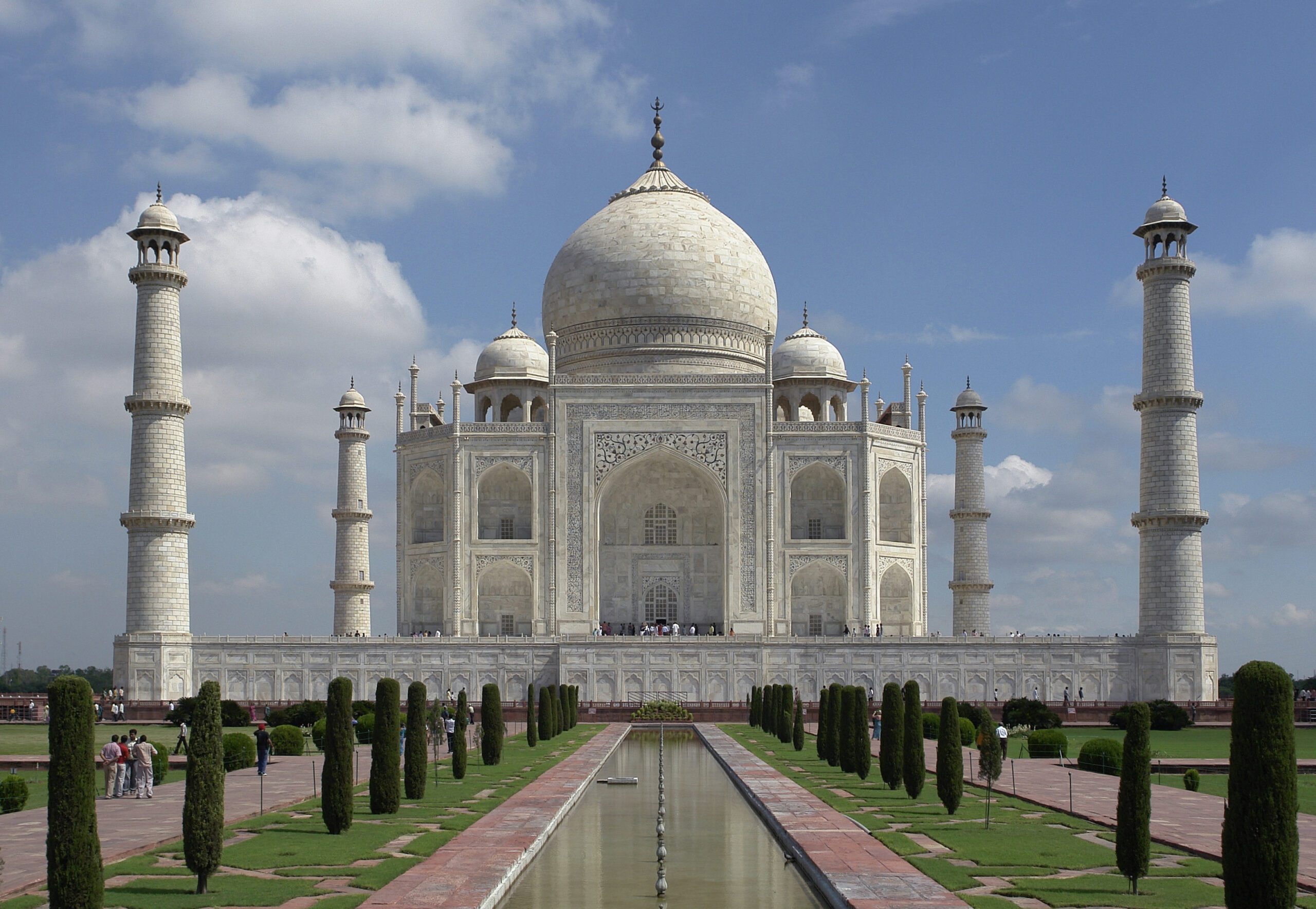Superstitious Culture in India: India is a land of rich traditions, diverse religions, and vibrant cultures. Alongside its spiritual and cultural heritage, the country is also known for its deep-rooted superstitious beliefs. These beliefs, often passed down through generations, influence daily life, decision-making, and social behavior, reflecting a unique aspect of Indian society.
Common Superstitions
Superstitions in India range from simple household practices to elaborate rituals. People may avoid specific numbers, colors, or days, believing they bring bad luck. Black cats crossing the street, seeing a broken mirror, or hearing a crow caw at a certain time can trigger fear or prompt precautionary actions. Festivals, weddings, and other significant life events are often guided by astrological charts, horoscopes, and rituals designed to ward off evil or attract good fortune.
Reasons for Persistence
The persistence of superstitions is closely linked to tradition, lack of education, and cultural conditioning. In many rural areas, superstitions are intertwined with religious practices and social norms, making them difficult to challenge. Even in urban settings, where education levels are higher, certain beliefs continue to influence behaviors, reflecting the deep psychological and cultural roots of superstition in India.

Impact on Society
While some superstitions may seem harmless, others can have serious consequences. Blind faith in certain practices can lead to financial exploitation, health risks, and social discrimination. For example, reliance on superstitious remedies instead of medical treatment can worsen health conditions. Similarly, practices like dowry-related rituals or caste-based superstitions perpetuate inequality and social injustice.
Moving Towards Rational Thinking
There is a growing awareness and movement toward rational thinking and scientific temper. Education, media campaigns, and government initiatives aim to reduce harmful superstitions and promote critical thinking. Schools are increasingly encouraging children to question unfounded beliefs and rely on facts rather than fear. NGOs and social activists also play a significant role in spreading awareness about the dangers of superstition and the benefits of rational decision-making.
In conclusion, superstitious culture in India reflects the complex interplay of tradition, religion, and social norms. While some beliefs may offer psychological comfort or cultural identity, others can hinder progress and perpetuate social inequalities. Promoting education, critical thinking, and awareness is essential for balancing respect for cultural heritage with the need for rationality and scientific understanding. Addressing superstitions in a sensitive and informed manner can help India move toward a more progressive and enlightened society while preserving its rich cultural identity.
Lifestyle of the Indian Jarawa Tribe
What Is Middle East and Why Is It Called Middle East?
![]()





